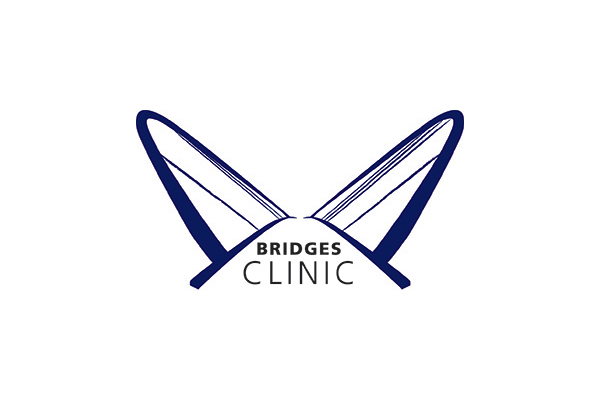Sagging skin is an inevitable part of the aging process, and one place we can really notice it is on our faces. When the skin surrounding our eyes begins to droop as a result of losing elasticity, it creates dark bags and can leave us looking worn and tired.
Blepharoplasty, or eyelid surgery, can be carried out to reduce the appearance of bags by tightening the drooping skin. The end result is a face free from bags and a more youthful, radiant appearance.
This type of surgery can be performed on the upper or lower eyelid, or on both. Many people have this procedure at the same time as a facelift, as this helps to maintain the natural aging balance of the face.
Blepharoplasty is the perfect solution for people who long for a smoother complexion and eyes that really pop.
Will the scars be visible?
Incisions are made below the lash line and along the natural creases in the eye socket. This means that any scarring will be disguised.
Will it affect my sight?
Your sight will not be affected at all from the procedure, as your experienced surgeon will operate on the area around the eyes, and not on the eyes themselves.
Will I need to stay in hospital?
You will be put under anaesthetic for the procedure and will be expected to stay in hospital until the initial effects wear off. It is likely that you will get to go home the same day as your operation, though you should ensure that someone else drives you home. It is also a good idea to have someone look after you for a day or so following the procedure. Most patients can return to work after 7 days.
What happens after the procedure?
You will be given plenty of aftercare advice from your consultant. Recovery time ranges from patient to patient, though in most cases bruising begins to disappear within a week or so. Facial swelling could take a little longer to disappear, as the tissue needs to settle. You can speed up the process by keeping your head upright and applying a cold compress.
Are there any potential side-effects?
Potential side-effects from blepharoplasty include dry, itchy or watery eyes, as well as temporary blurred vision following the procedure. You will discuss all potential side-effects with your consultant prior to your surgery. Patients should refrain from wearing eye make-up until your consultant says it’s OK to do so. Similarly, contact lenses should not be worn for at least 21 days following the procedure.
